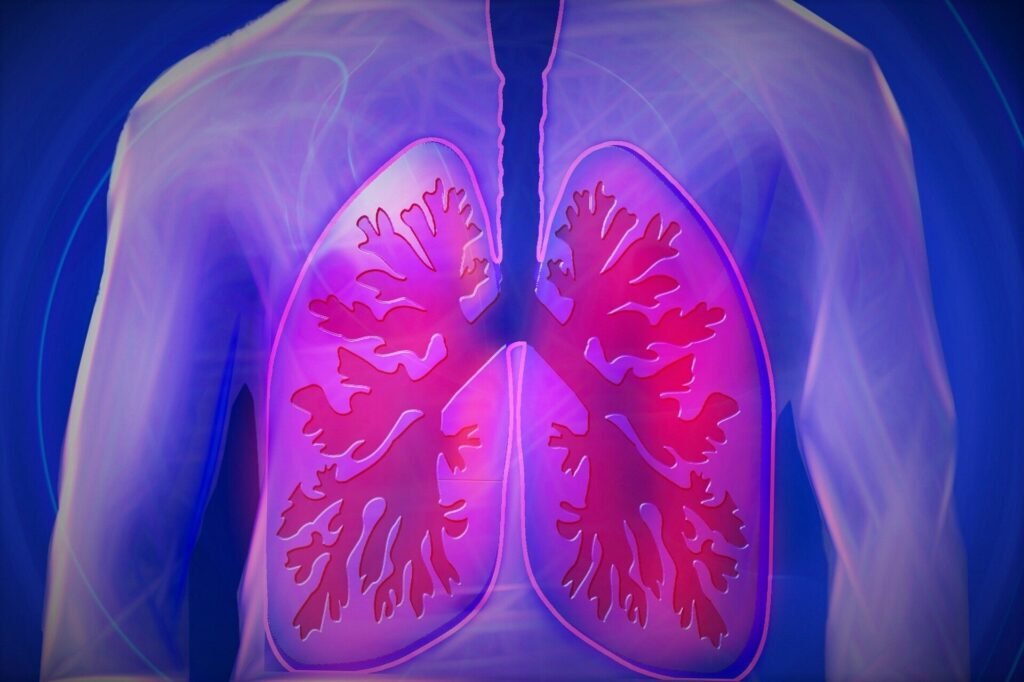Researchers at National Jewish Health and their colleagues have recently conducted a groundbreaking study comparing lung macrophages in various models of lung injury. This study has shed new light on the role of macrophages in lung repair and fibrosis, challenging previous assumptions and paving the way for further research in this field.
Published in the prestigious journal JCI Insight, the study focused on macrophages, immune cells that play a crucial role in lung health and disease. Macrophages are essential for both initiating and resolving lung injuries, but they can also be involved in pathways that lead to lung scarring or fibrosis.
The research aimed to investigate the genetic differences among macrophages that contribute to healthy repair versus those that lead to fibrosis. Contrary to previous beliefs, the study found that macrophages expressing Gpnmb genes, often considered “pro-fibrotic,” were present in both types of lung injuries. This discovery suggests that these macrophages may not be as closely linked to fibrosis as previously thought.
Further analysis of lung tissue samples from various diseases, such as asthma and COVID-19, revealed a wide range of recovery outcomes associated with these macrophages. This prompted the researchers to delve deeper into the mechanisms underlying dysfunctional healing and fibrosis in certain lung diseases.
By examining different injury models at various time points, the researchers identified subtle changes in protein expression and macrophage survival influenced by the lung microenvironment. In fibrotic injury models, these changes activated distinct pathways that hindered effective repair, highlighting the importance of external signals in macrophage behavior.
Moving forward, the researchers plan to explore the triggers that lead to differences in macrophage gene expression and investigate ways to redirect macrophages from promoting fibrosis to supporting healthy repair. This research could have significant implications for developing new therapies that target macrophages to enhance lung repair in fibrotic diseases.
Dr. William Janssen, a senior co-author of the study, emphasized the goal of rebuilding the injured lung through a better understanding of macrophage programming. By harnessing the potential of macrophages to promote healthy repair, there is hope for improving outcomes in lung diseases associated with fibrosis.
The study titled “Gpnmb and Spp1 mark a conserved macrophage injury response masking fibrosis-specific programming in the lung” provides valuable insights into the complex role of macrophages in lung health and disease. This research opens up new avenues for investigating novel therapeutic strategies aimed at enhancing lung repair and mitigating fibrosis.
For more information, the study can be accessed through the DOI 10.1172/jci.insight.182700. The research was conducted by Emily M. King and collaborators at National Jewish Health, a leading institution in respiratory research and care.
As we continue to unravel the mysteries of lung repair and fibrosis, studies like this one play a crucial role in advancing our understanding of macrophage biology and its implications for lung health. Stay tuned for further developments in this exciting field of research.


